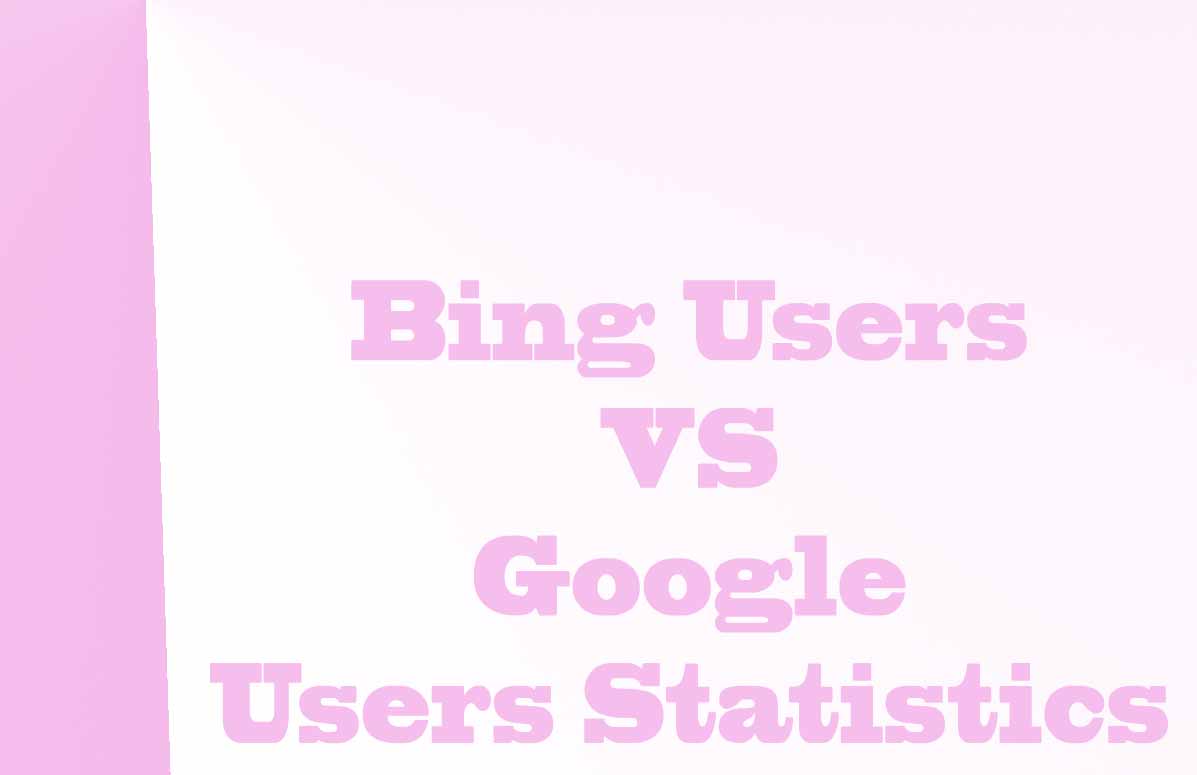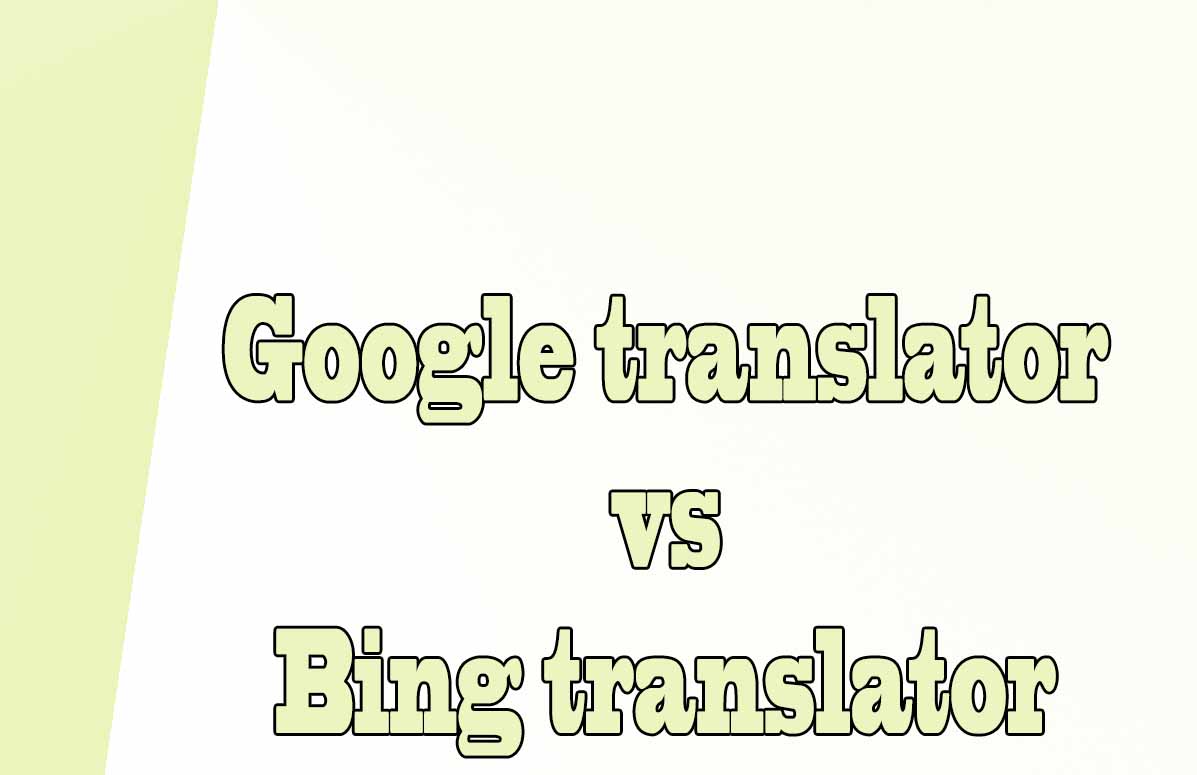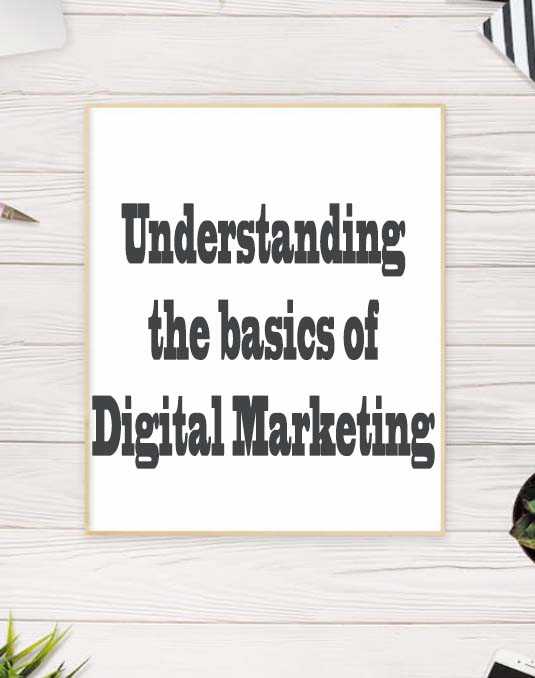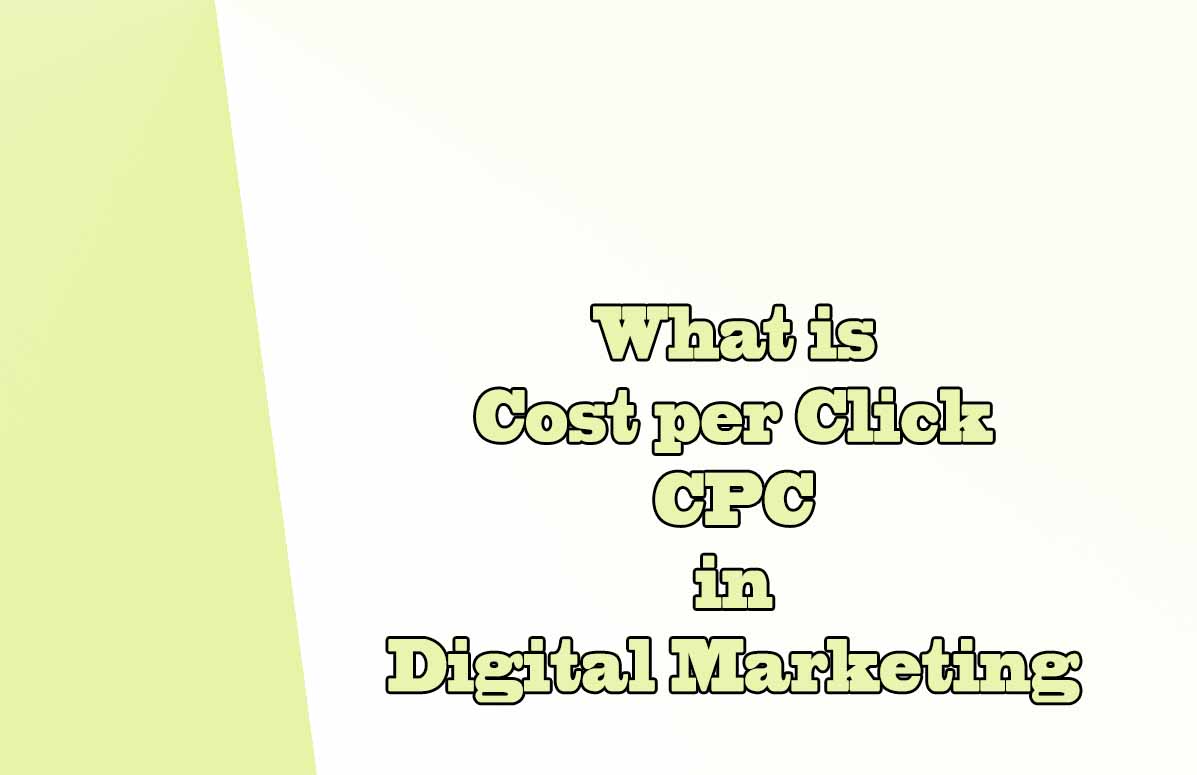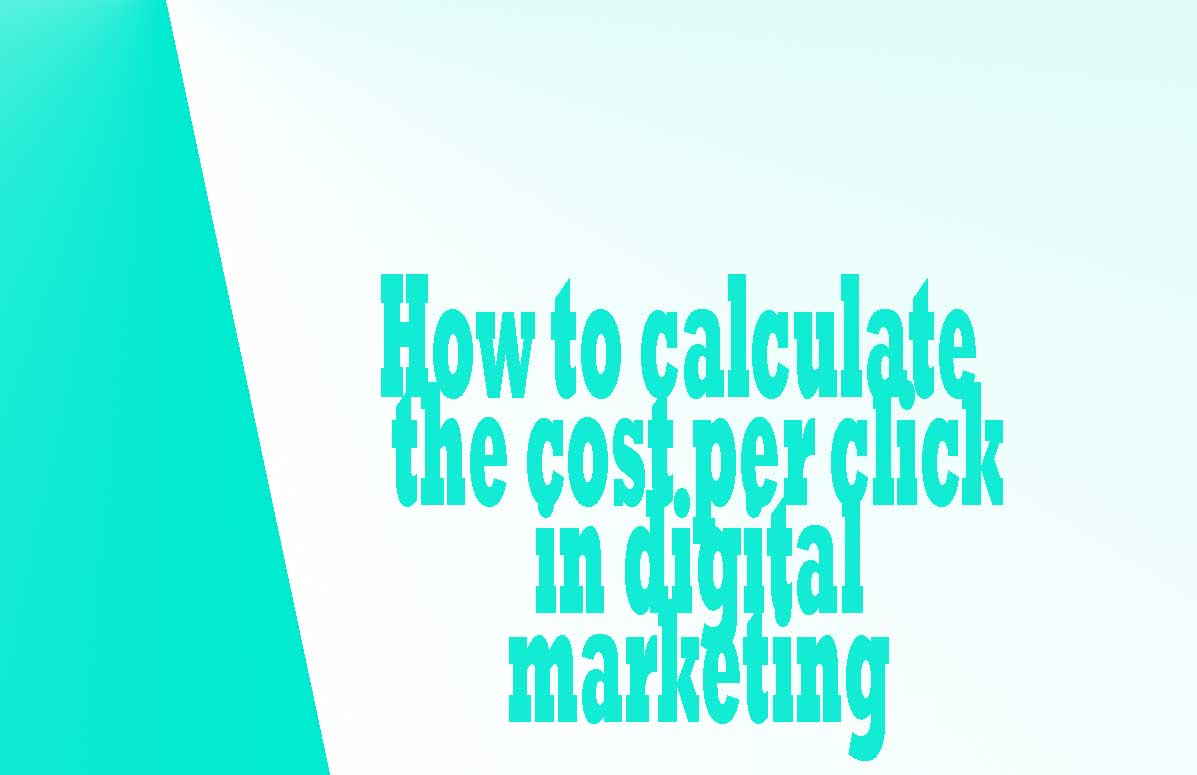
CPC Meaning
In the ever-evolving world of digital marketing, understanding the cost per click (CPC) is crucial for businesses aiming to maximize their return on investment (ROI).
CPC is a metric used to measure the cost of each click on an advertisement, and it plays a significant role in determining the effectiveness and efficiency of digital marketing campaigns.
By calculating CPC, businesses can budget their advertising expenses and optimize their strategies to reach their target audience effectively.
Definition and Importance of CPC in Digital Marketing
Cost per click (CPC) is a metric used by digital marketers to measure the cost incurred for each click on an advertisement.
It is an essential metric because it provides insights into the effectiveness of a marketing campaign.
For instance, if a business is running a pay-per-click (PPC) campaign, knowing the CPC helps in evaluating the campaign's performance.
- A lower CPC indicates that the campaign is efficient, as it is generating clicks at a relatively lower cost.
- A higher CPC may suggest that adjustments need to be made to the campaign to improve its efficiency.
Budgeting and optimizing advertising strategies
CPC is crucial in budgeting and optimizing advertising strategies.
By knowing the cost of each click, businesses can allocate their advertising budget more effectively.
For example, if a business has a limited budget, it can focus on keywords or platforms with a lower CPC to maximize the number of clicks within its budget.
Additionally, by monitoring the CPC, businesses can identify areas where they can optimize their campaigns to reduce costs and increase the ROI.
Factors influencing CPC
Several factors influence the cost per click in digital marketing:
- One of the primary factors is the quality score and relevance of the advertisement.
Ads with higher quality scores are rewarded with lower CPCs, as they are considered more relevant and valuable to users.
Search engines and advertising platforms assign a quality score to each ad based on various factors:- Ad relevance.
- Landing page experience.
- Expected click-through rate.
- The competitiveness of the industry and keywords also plays a significant role in determining CPC:
- In highly competitive industries, where multiple businesses are bidding for the same keywords, the CPC tends to be higher.
This is because the demand for those keywords is high, driving up the cost of each click. - In less competitive industries, businesses may be able to secure clicks at a lower cost.
- In highly competitive industries, where multiple businesses are bidding for the same keywords, the CPC tends to be higher.
- The target audience and demographics can influence CPC:
- Advertisements targeting specific demographics or niche markets may have lower CPCs, as they have a smaller target audience.
- Advertisements targeting broader demographics may have higher CPCs due to increased competition for those audiences.
The process of calculating CPC
Calculating the cost per click in digital marketing is a straightforward process.
The formula to calculate CPC is dividing the total cost of the advertising campaign by the total number of clicks generated.
This can be represented as:
CPC = Total Cost / Total Clicks
The total cost includes all expenses incurred for running the campaign, such as advertising fees, agency fees, and any other associated costs.
The total clicks represent the number of times users have clicked on the advertisement.
Tips on SEO and Online Business
Next Articles
Previous Articles


